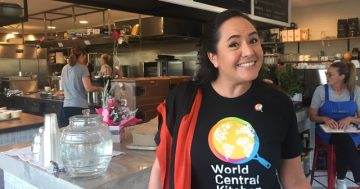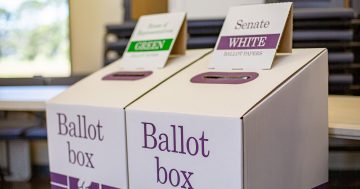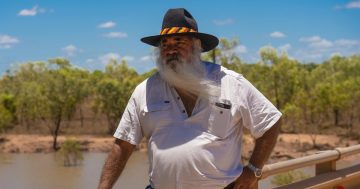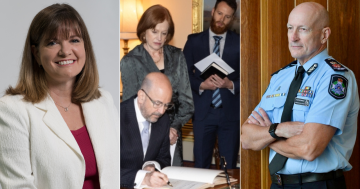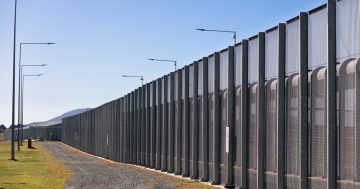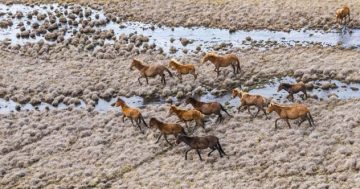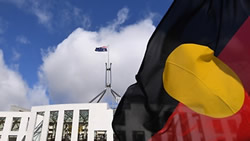 1. This week 10 years ago, Commonwealth Ministers for Finance and Deregulation, Senator Penny Wong and Indigenous Employment and Economic Development, Mark Arbib announced a plan to use Government purchasing contracts to encourage Indigenous employment as a way to help ‘close the gap’ on Indigenous disadvantage.
1. This week 10 years ago, Commonwealth Ministers for Finance and Deregulation, Senator Penny Wong and Indigenous Employment and Economic Development, Mark Arbib announced a plan to use Government purchasing contracts to encourage Indigenous employment as a way to help ‘close the gap’ on Indigenous disadvantage.
“Companies in regions with a significant Indigenous population that bid for Government contracts will need to train and employ Indigenous Australians and use Indigenous suppliers,” Senator Wong said.
Senator Arbib said Government procurement would help create employment opportunities and support the growth of Indigenous business.
2. New statistics released this week then showed Australians paid more for broadband than people in most other countries in the Organisation for Economic Co-operation and Development (OECD). Minister for Broadband, Communications and the Digital Economy, Senator Stephen Conroy said the statistics were further evidence that Australia needed a national broadband network.
He said the statistics revealed Australia was the third most expensive for very low-speed broadband connections; 14th most expensive for high-speed connections; and 12th most expensive for very high-speed connections.
3. There was trouble at the CSIRO this week as staff stepped up their campaign for improved pay and conditions with a national protest against a substandard offer on pay and consultation provisions.
President of the CSIRO Staff Association, Michael Borgas said members felt they were being ignored and had no choice but to show their dissatisfaction through industrial action.
“This year is the first time in living memory staff have taken industrial action, but the way we are being treated has left us with no choice,” Mr Borgas said.
4. A pilot project to guard against damage to Australia’s $90 million-a-year honey industry was launched in Melbourne this week.
Victorian Minister for Agriculture and Food Security, Peter Walsh said the State Government had enlisted the support of urban beekeepers to protect the nation’s honey and pollination industries from foreign pests and disease invasion.
He said the Bee Force project would improve Victoria’s capacity to detect incursions of the damaging varroa mite and other exotic bee pests and was focused around the Port of Melbourne because ports were a high-risk entry point for exotic pests.
5. Queensland State Archives this week issued a Public Records Brief on the management of short records such as micro-blogs, SMS messages and MMS communications, to assist Agencies to meet their record management obligations for messages sent or received via Twitter or mobile phone text services.
The Brief made the point that, despite their brevity, public communications via these methods were still records and required management.
“A public record is information in any format, either created or received, required as evidence of the business activities of a public authority,” the Brief said.
6. And finally, in Queensland 10 years ago this week, the Easter holidays were the first test for new automatic number plate recognition (ANPR) technology on the State’s roads.
Minister for Police, Neil Roberts said ANPR would target unlicensed and unregistered motorists, who were three times more likely to be involved in a traffic crash, according to research.
He said an evaluation had found that ANPR technology was of benefit for use in road traffic operations in targeting offences that were detrimental to road safety.


